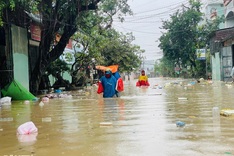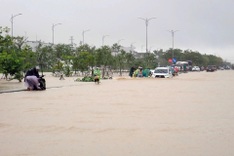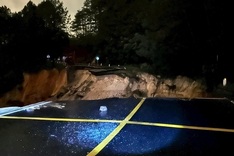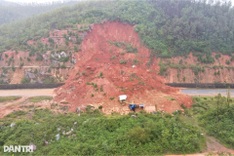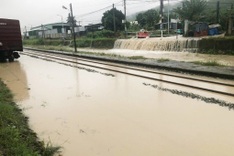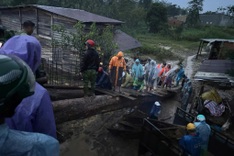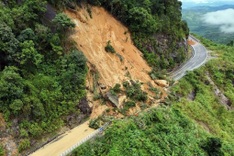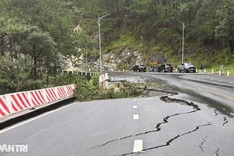The US Agency for International Development (USAID) joined leaders of the Vietnam Union of Science and Technology to launch two new projects to counter wildlife trafficking and reduce illegal wildlife consumption on Monday.

USAID Deputy Mission Director Debra Mosel speaks at the event.
These USAID-funded projects, worth more than USD2 million in total, will be implemented by Save Vietnam’s Wildlife (SVW) and the Centre for Nature Conservation and Development (CCD) and represent USAID’s first countering wildlife trafficking projects directly awarded to local organizations in Vietnam. Joining the event were representatives from the Government of Vietnam, national parks and protected areas, and international and local organizations.
Addressing the event, USAID Deputy Mission Director Debra Mosel said that the United States is a committed partner of Vietnam’s in countering wildlife trafficking and conserving biodiversity, in line with the two countries’ shared priorities under the Comprehensive Strategic Partnership."Today, we advance our cooperation on this shared priority by launching these two new projects,” she said. “We are thrilled that these projects will be implemented by two Vietnamese organizations. USAID prioritizes locally led development, because local leadership and ownership are essential for fostering sustainable results. Here in Vietnam, local organizations play an increasingly important role in environmental protection—specifically, in nature and biodiversity conservation, and in the prevention of illegal wildlife trafficking.
Vietnam is ranked 14th in the world for biodiversity richness and the country is home to many rare and precious species. Unfortunately, many of them are on the brink of extinction. The Sustainable Wildlife Conservation project, implemented by SVW, and the Conserving Threatened Species project, implemented by CCD, will support Cat Tien National Park, Dong Nai Culture and Nature Reserve in Dong Nai province, and Huong Son Special Use Forest in Hanoi to protect their biodiversity through enhancing capacities of their staff and applying Spatial Monitoring and Reporting Tool (SMART) technology in forest patrolling and camera traps for wildlife surveillance. The projects will also help reduce demand for illegal wildlife products by raising awareness among the public, empowering local communities and their leaders to help ensure the protection of these areas.


